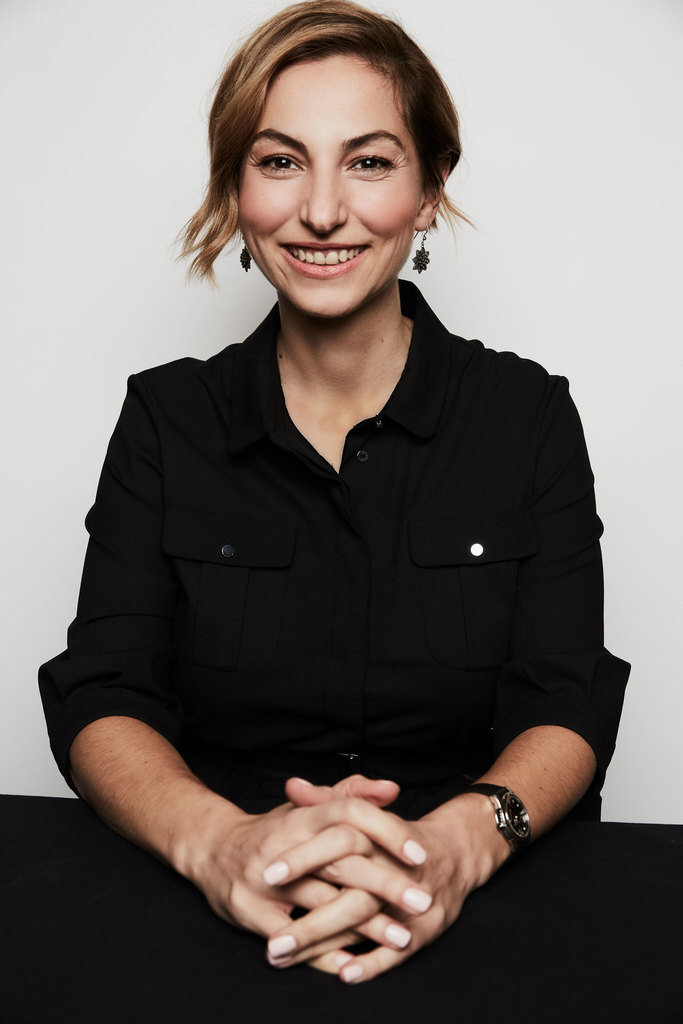LOS ANGELES — You would have to be deaf or half asleep not to hear the obvious excitement in Shushan Karapetian’s voice as she interviews guests on her hit new podcast, “Language Therapy with Dr. K.” The program’s stated goal is to bring to light the role that language plays in the construction of identity, even as it constantly evolves, morphs and changes into something ever more complex and interesting.
In one episode, while comparing notes on bilingualism with noted Swiss scholar, François Grosjean, she compares notes from her own fascinating research on heritage language acquisition.
In another episode she is ecstatic and congratulatory with standup comedienne Mary Basmajian for using down and dirty sex talk and terminology in Armenian on her own video series “Vartoush Tota.” “You are making enormous contributions to keeping Armenian alive and vital!” she exclaims to Basmajian’s evident surprise. Then on another podcast, while interviewing a young cultural worker with a small case of the nerves, she is supportive and guides her to the idea that dance terminology mirrors the linguistic.
Clearly Karapetian is a woman on a mission. As deputy director of the maverick University of Southern California (USC) Institute of Armenian Studies, she is part of a cutting-edge group of scholars, journalists, and media professionals who are changing the ways we perceive and interact with Armenian culture and language. Under the leadership of Salpi Ghazarian, since 2005 the USC team has encouraged new avenues of research, publications and public service, a combination think tank, digital media network, and investigative journalism hub on all things Armenian.
Hence on another episode of “Language Therapy,” listeners are introduced to calligrapher extraordinaire Ruben Malayan to discuss the idea that the way a culture graphically represents its language and texts to the world is a key differentiator, in the Armenian case going back all the way to Mesrop Mashtots and our first scribes.
Before coming to USC, Karapetian completed both her undergraduate and graduate education at UCLA. She then held a dual position as associate director of the National Heritage Language Resource Center, and lecturer of Armenian Studies in the Department of Near Eastern Languages and Cultures. It was there that she developed an expertise on the role of Armenian as a “pluricentric heritage language,” while also focusing the intersection of language and identity in the Armenian transnation.










